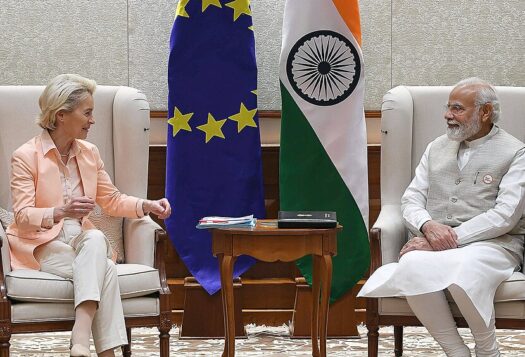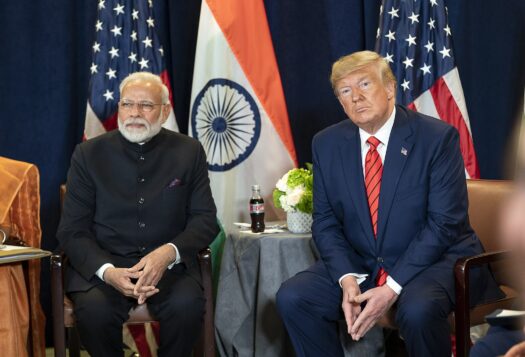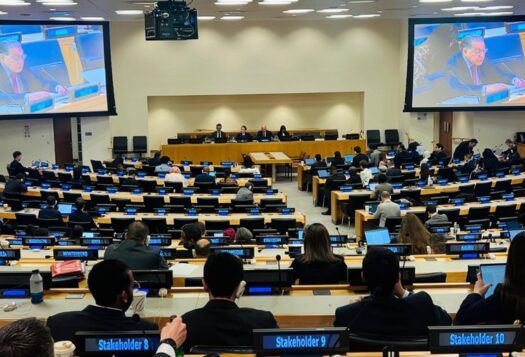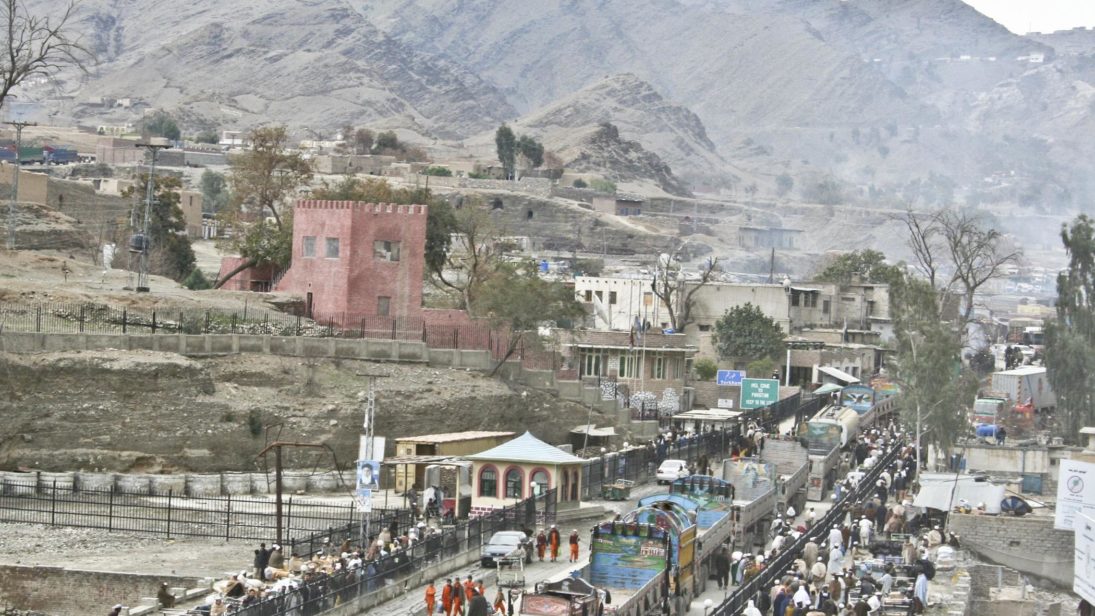
The signing of the Doha Agreement between the Afghan Taliban and the United States in February 2020 represented a success for Pakistan, which had advocated and worked towards providing diplomatic resolution to the Afghan War for many years. The Doha Agreement gives Pakistan a double cause for celebration. First, as reflected in the presence of Pakistan’s Foreign Minister at the signing ceremony, Pakistan has managed to regain its forlorn status as the regional U.S. ally and has since openly asserted that it has a significant role to play in bringing peace to Afghanistan. Second, the deal has opened the door for a power-sharing arrangement in Afghanistan in which the Taliban are likely to play a significant role. The Taliban are the principal pro-Pakistan actor in Afghanistan, and Islamabad sees them as integral for securing Pakistan’s political and security interests in the region.
As the political leadership in Afghanistan prepares for the intra-Afghan peace talks, Pakistan is keen to remain influential in a post-U.S.-withdrawal Afghanistan and is relying heavily on the Taliban to sustain its presence. However, Pakistan-Taliban ties have their limitations, and it remains unclear how much leverage Pakistan holds over the future direction of the relationship. If history repeats itself and the Taliban establishes an authoritarian Islamic Emirate in Afghanistan, Pakistan’s national identity and security are both at risk. The former threat stems from the Taliban’s more radicalized Islamic identity—an offset to the relatively moderate and inclusive Islamic identity Pakistan projects—and the latter from a possible backlash from hostile Taliban factions.
A Closer look at Pakistan-Taliban Relationship
If history repeats itself and the Taliban establishes an authoritarian Islamic Emirate in Afghanistan, Pakistan’s national identity and security are both at risk—from the Taliban’s more radicalized Islamic identity and backlash from hostile Taliban factions respectively.
The Pakistan-Taliban relationship is a byproduct of two fears embedded in Pakistan’s Afghanistan policy, which helps explain a potential power differential: first, the fear of encirclement by India; second, the fear of Afghan irredentism in the Pashtun areas. Pakistan’s India-centric foreign policy directs its policy towards the government in Kabul. Pakistan cannot afford to deploy forces along both its eastern and western borders, and thereby seeks a strategic ally in an Afghanistan that opposes India. The second fear is embedded in Pakistan’s Islamic nationalist identity and its susceptibility to ethnonationalist identities and separatist movements, perceived as a threat to the unity and integrity of the country. Afghanistan’s territorial claim over the Pakistani Pashtun areas, and its continued refusal to accept the Durand Line as an international border, supplement this fear among Pakistan’s security community. Specifically, the Pakistani security apparatus fears that an Afghan nationalist government in Kabul would raise the territorial sovereignty issue globally and incite Pashtun political groups in Pakistan to support the secessionist movement for greater Pashtunistan. The Taliban, as a radical Islamist force with closer ties to Pakistan, have represented a less acute threat on both fronts.
Pakistan forged a relationship with the Taliban in response to warming ties between India and Burhannudin Rabbani—the Tajik leader of the mujahideen who became the President of Afghanistan at the conclusion of the Soviet-Afghan war in 1992. The Taliban—mainly the students of Saudi-funded seminaries in Pashtun areas of Pakistan and Afghanistan—were not Pakistan’s first choice for the Kabul government. In his book The Taliban Phenomenon, Kamal Matinuddin recounts the former head of ISI Hamid Gul’s efforts towards signing of a power-sharing agreement between Rabbani and Gulbuddin Hikmatyar—another mujahideen leader with strong backing from Pakistan—without any share for the Taliban. As suspicion grew over Rabbani’s relationship with India and the Taliban took control over Kandahar, Pakistan found in them a more powerful partner to overthrow Rabbani’s government.
Owing to their Islamist ideology and Pashtun ethnicity, the Taliban suited Pakistan’s interests in Kabul well. Not only were the Taliban strongly anti-India and supportive of non-Pashtun political elites, the Taliban’s fundamentalist Islam also held limited room for the Pashtun nationalism Pakistan had been working to subdue. They neither supported secessionist movements nor broached the Durand line issue throughout their tenure in power, which meant the border remained porous and enabled the Taliban to infiltrate the Pakistani side without facing a security check.
The present relationship between Pakistan and the Taliban should be viewed in a parallel light. While Pakistan cannot afford to damage its relationship with the United States through full-throated support for the Taliban, it is equally apprehensive of the growing diplomatic ties between New Delhi and Kabul. Islamabad also views the Tehreek-i-Taliban (TTP)’s growing terrorist activities across the border to be the result of India’s presence in Afghanistan and strongly believes that India can use Afghan soil to foment secessionist Pashtun and Baloch groups in Pakistan. Pakistan has indeed been more vigilant about monitoring security across this border since the end of Taliban rule in the region, deploying thousands of patrol forces and spending millions on building forts and fences. Bringing the Taliban back to power in Kabul can allow Pakistan to shift its focus back from Durand line to the Line of Control.
Fears of a Pashtun ethnonationalist movement growing in strength and its perceived links to the Kabul government are another driving force behind Pakistan’s efforts to bring the Taliban back to power. The popularity of the Pashtun Tahafuz Movement (PTM) in the North and South Waziristan Districts and the improving relationship between Ghani’s government and Pashtun political parties in Pakistan are making security leadership in Rawalpindi uneasy. The Taliban, known for their hardline conservative beliefs, are less likely to support predominantly leftist Pashtun nationalist political parties in Pakistan. Support for an at least partial Taliban government in Kabul forms part of Pakistan’s strategy to keep these groups’ power in check.
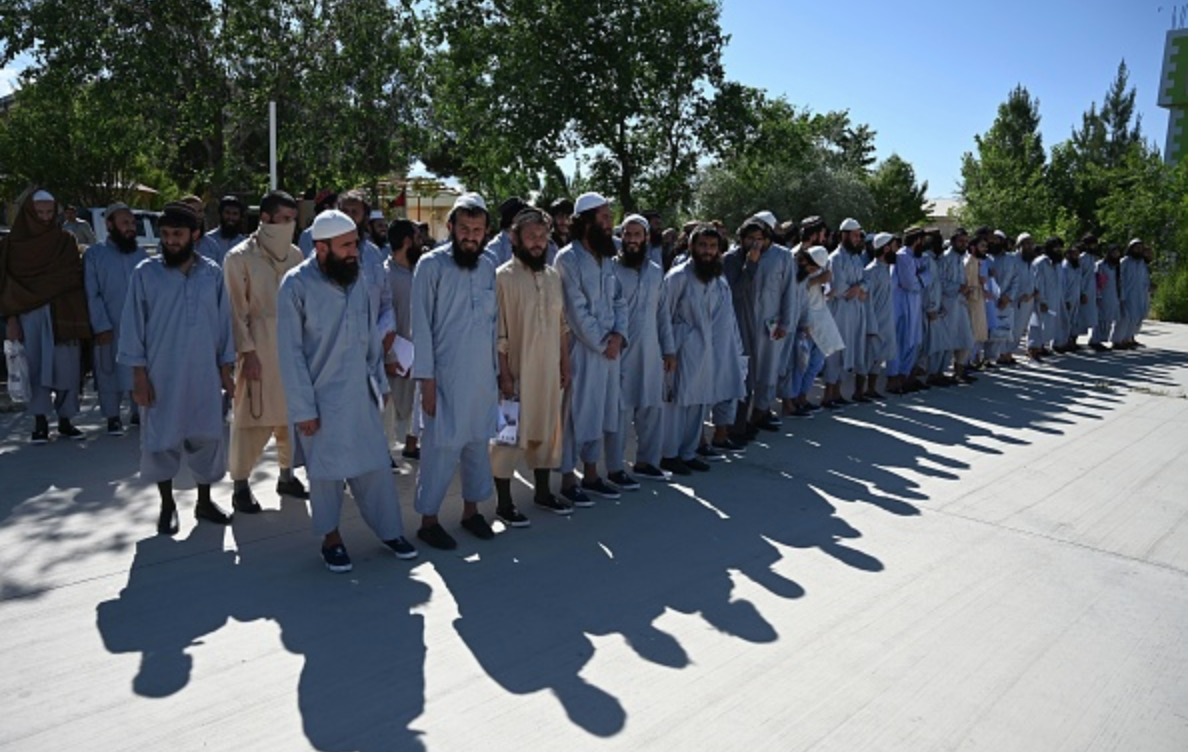
The Lacunae in Pakistan’s Taliban Strategy
Although the choice of the Taliban as a political group to serve Pakistan’s interest seems well-founded, there are some lacunae that Pakistani policymakers must consider moving forward. First, although the Taliban did not broach the Durand line issue at the negotiating table, their views are not especially different from other Pashtuns in Afghanistan. The Taliban remains a predominantly Pashtun group and, despite its strong religious inclination, draws its support from its ethnic identity to project itself as the rightful ruler of Afghanistan. Second, the Taliban has evolved over the past 25 years and might be willing to build ties with India against Pakistan’s interests, in part to increase its bargaining leverage. Under these circumstances, the two fears that had initially led Pakistan to choose the Taliban as their partner in Afghanistan in the past do not sufficiently justify a partnership under the present circumstances. Some political offshoots within the Taliban have also developed a strong objections towards Pakistan because of its support for the United States in overthrowing Taliban rule. Moreover, as Pakistan does not enjoy a positive public image in Afghanistan, the Taliban might opt to go against Pakistan to win public support.
Under these circumstances, the two fears that had initially led Pakistan to choose the Taliban as their partner in Afghanistan in the past do not sufficiently justify a partnership under the present circumstances.
Even if the Taliban remains friendly to Pakistan, their radical ideology offsets the moderate Islamic ideology that Pakistan projects outward. While the Taliban have been intentionally ambivalent about their plans for a future government in Afghanistan, a fear prevails within Pakistani circles that they might reestablish a totalitarian government in Kabul soon after the withdrawal of NATO forces. A theocratic, Shariah-based government in Afghanistan, if established, might encourage Taliban-inspired radical groups in Pakistan. While the Pakistani Taliban’s ties with the Afghan Taliban are limited, the ideological congruence of the two groups can help cement stronger future ties. The Taliban regime has in the past bred sectarianism, religious terrorism, militancy, and drug addiction in Pakistan. If re-established, it would bring an even more fatal blow to stability of Pakistan, grappling to a greater extent with growing religious extremism. International pressure on Pakistan to rein in the Taliban would also be significant in such a scenario.
Pakistan must exercise caution in its support for the Taliban and seek out other political partners in Afghanistan to check the Taliban’s power. Most importantly, Pakistan must act to prevent the Taliban from establishing a tyrannical Islamic government in Kabul. Such a government would not only facilitate religious extremism spillover into Pakistan, but also empower the Taliban to take actions opposed to Pakistani interest.
Editor’s Note: In this series, SAV contributors from Afghanistan, India, Pakistan, and the United States weigh in on regional perspectives of Afghanistan’s future. Contributors discuss key trends that regional actors and the United States are watching for in the months and years ahead, the role each actor may play in the intra-Afghan negotiating process, and their stake in Afghanistan’s future stability and governance. Read the full series here.
***
Image 1: Wikimedia Commons
Image 2: Wakil Kohsar/AFP via Getty Images
